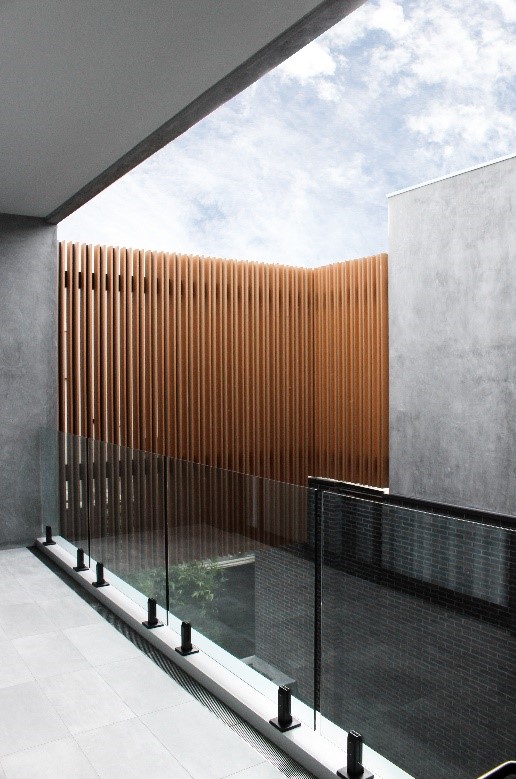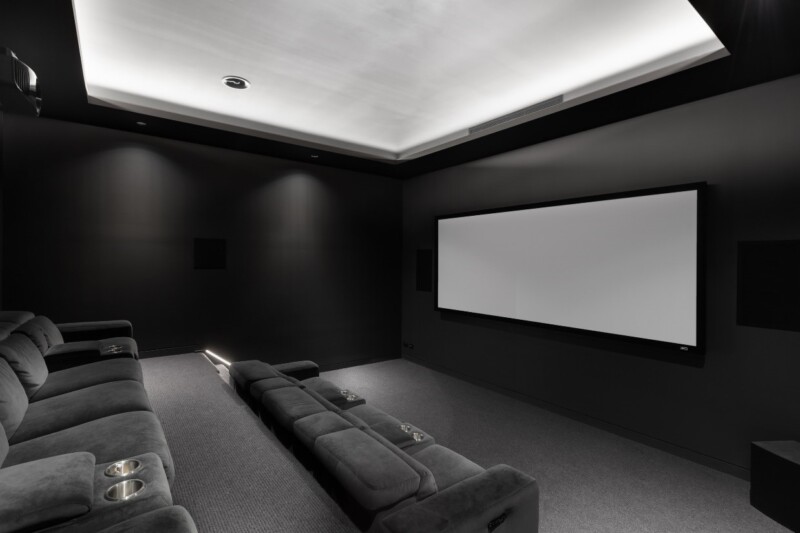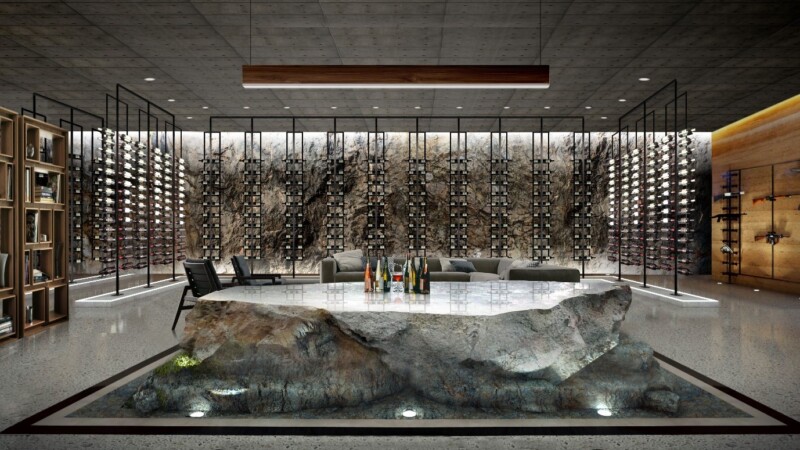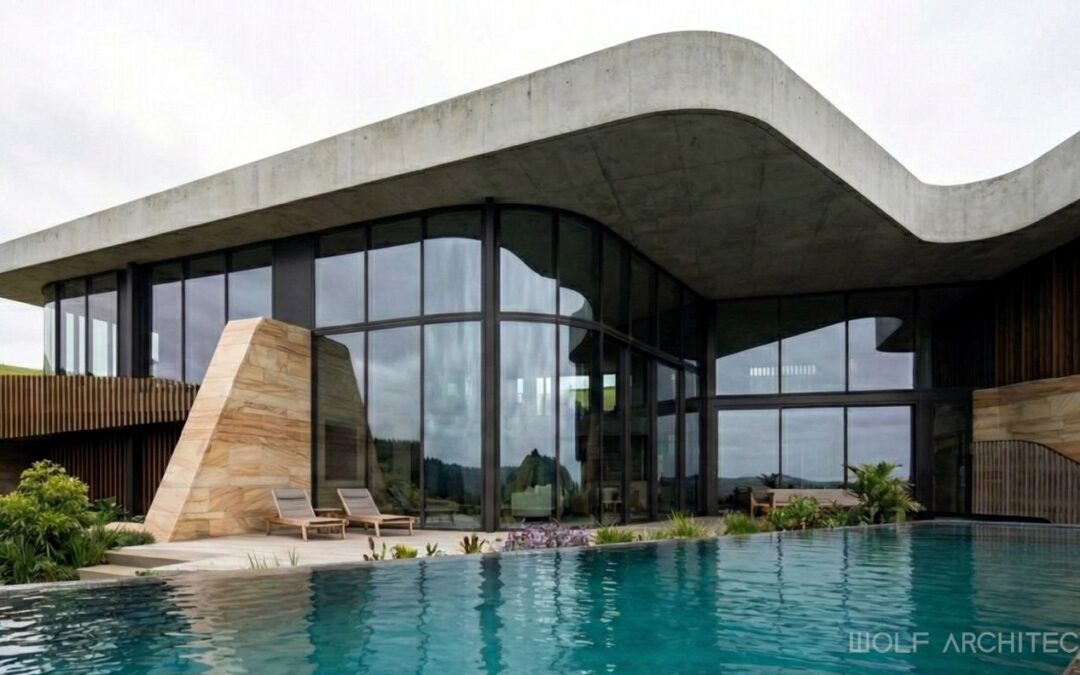Basement or No Basement?
With demand for larger homes and land values increasing, the basement has become a popular option. However, they can add considerably to both build costs and time, and with heavy rainfalls, many basements have been known to fail and drown its contents. This article examines some of the pros and cons of having a basement and tries to answer a commonly asked question- should we have a basement?
The first thing to do is define the purpose of a basement as this influences size and costs. Basements are not always just for cars and can range from being simple concrete storage boxes accessed by a ladder, to elaborate living spaces with natural air and daylight. The next consideration is the land size and its value. Inner-city properties often have limited or restrictive sites and with their land values at a premium. A basement is an excellent way to add value and space. Where there is an abundance of land it does not always make sense to go under.
The obvious and most common reason for a basement is for car garaging. For large families or car collectors requiring more than your standard two cars, a basement is a great way to garage vehicles. A ramped driveway access to a basement, however, can take up a lot of room, so while a basement should free up space on the ground floor, many people underestimate the space taken up by a ramped driveway. A car elevator can be a good alternative but keep in mind that they aren’t cheap and require maintenance. At WOLF Architects we expect cars to drive in and out easily without having to do a series of awkward manoeuvres. Basements, therefore, need to be generous and when space is limited a turntable can be introduced, but adds cost.

Courtyards can be great ways to access basements while providing natural air and light.


The level of finish will also affect costs and if other living spaces are to be accommodated, a basement also needs to be a dry one. Waterproofing and wall construction types must be carefully considered. In areas with rock, water tables or unstable soil conditions the costs will extend further again. Another thing to consider is the thickness of the basement walls themselves. Bored piers for example take up a lot of room that is often underestimated. Many basements extend from boundary to boundary in order to accommodate as much as possible but this in itself can present other challenges such as the prevention of neighbouring structures from damage. Consent is often required when the basement is in close proximity to a neighbour and this can be a lengthy process in itself. People also forget that landscaping can be limited where there is a basement below. Most trees need deep root space which basements prohibit.

Home theaters and cellars don’t require natural daylight and can be appropriate for basements.
At Wolf Architects, we often create basements that invite in natural air and light via courtyards, highlight windows or operable skylights. These spaces can be very comfortable with the illusion of being at the ground level. Such basements are appropriate for Gyms, games rooms or even guest accommodation. Most important for all basements are the preventative measures necessary to prevent flooding. Pits and pumps need to be foolproof, such that they can operate even without power.
In our opinion, even the best basements will have some risk of leaking or flooding, so this should always be kept in mind, especially for car collectors. In regard to usage of space, basements will free up the space above which in turn creates greater opportunity for better living and designs above. As land values continue to increase, we expect new houses with basements to be more favorable. Even if you only have a few cars, those extra parking bays are great for storage and can easily be converted for different usage.

This luxurious basement uses the natural earth and rock as a feature wall
When people ask us if they should have a basement, our response is to consider affordability. Have one if you can afford it because we’ve yet to hear of someone regretting the decision to have a basement. Even if you don’t need it now, you may need it later and it’s a great advantage with resale. If you can’t afford one, then go without, but keep in mind they can’t be added in later.


